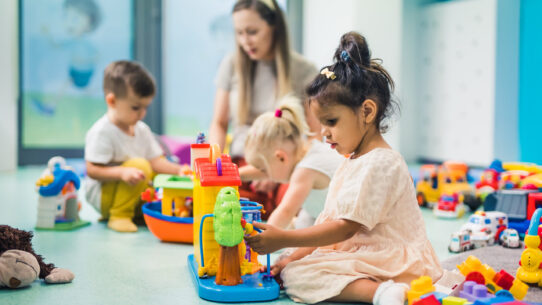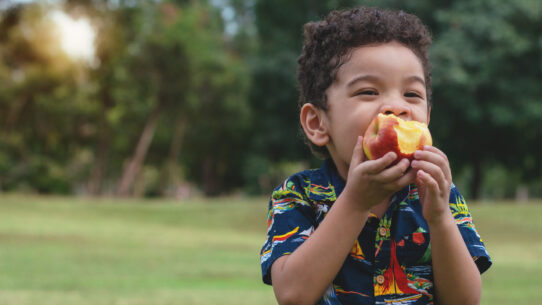
The first five years of life provide a foundation for a child’s success both inside and outside the classroom. During this pivotal period, children begin to master new skills, such as learning to walk, speaking their first words, and learning to share. When a child enrolls in an early learning program — whether it be a community-based child care provider, a church-based program, or a public school pre-k classroom — their world opens. For maybe the first time, children interact with and learn from people beyond their family members.
These early experiences are particularly vital for children with disabilities. However, for some Texas families, seeing their child with autism or Down syndrome learning and playing in class alongside their typically developing peers is far from reality.
Part of the challenge is that the state lacks a coordinated vision for how to effectively serve children with disabilities and their families, leading to nagging administrative barriers, conflicting rules and guidance, and missed opportunities for impactful collaboration. These challenges make it more difficult for state leaders to identify and produce policies to help parents find the care and support they need for their young children with disabilities.
HB 2310 will bring agency leaders from the TEA, TWC, and HHSC together to collaboratively improve the early learning environments and outcomes for children with disabilities and delays.



